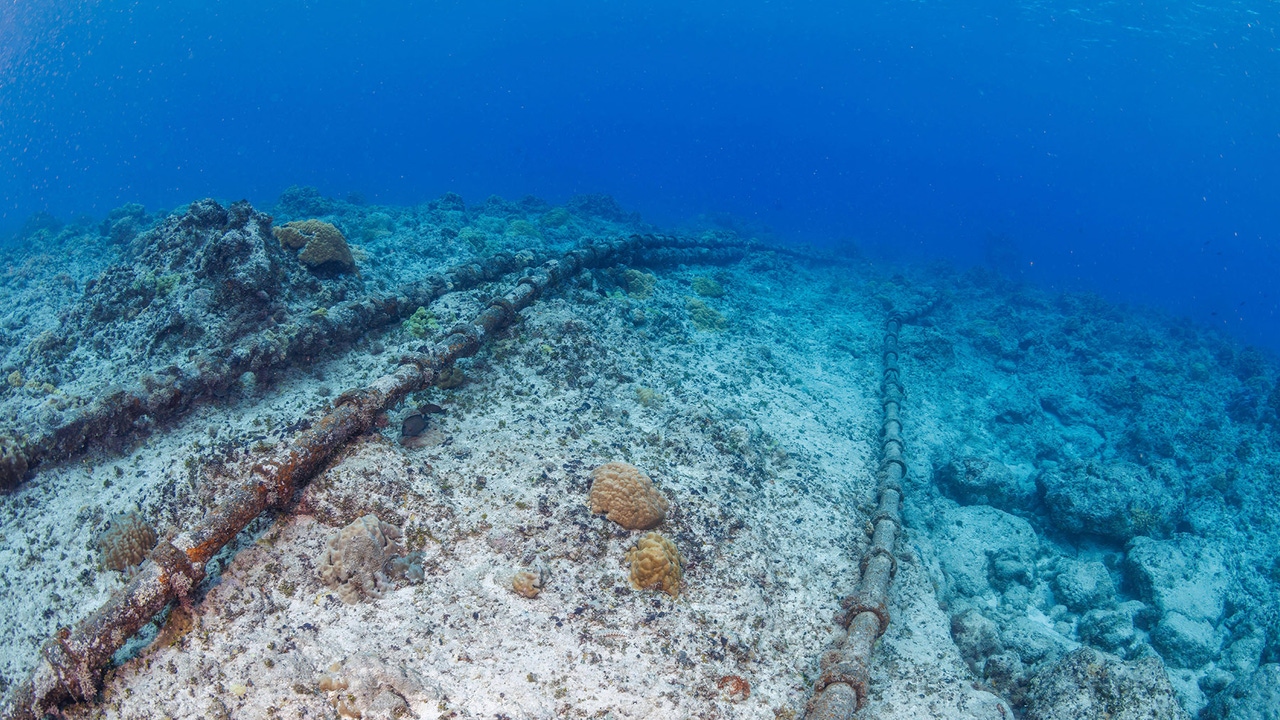Deep Seabed Mining a Threat to Global Subsea Cable Network SafetyDeep Seabed Mining a Threat to Global Subsea Cable Network Safety
The UNCLOS Treaty provides a structure for access to valuable minerals. Such mining, if not conducted properly, can damage subsea cables and the environment.

A controversial global treaty which will enable signees to vote for rights to deep seabed mining, carries environmental, economic, geopolitical, and telecommunications implications for the use of the sea floor.
Looking to open a subsea front for precious mineral access, those countries, including China, have signed onto the United Nations Convention on the Law of the Sea (UNCLOS) treaty, which allows for the division of the international seabed.
Crafting Environmental Rules
The US, whose strong interest in the historic treaty, has not yet joined the global group. If the conservative Heritage Group continues blocking a senate approval over the terms of numerous presidents, the US will not have a vote in crafting approving bids and environmental rules for seabed mining, leaving China as the power at the newly created International Seabed Authority.
“We are conceding,” John Negroponte, a former National Intelligence director in the Bush administration, told CBS 60 Minutes.
“If we’re not at the table and we’re not members of the Seabed Authority, we're not going to have a voice in writing the environmental guidelines for deep seabed mining. Well, who would you prefer to see writing those guidelines? The People’s Republic of China or the United States of America?”
Read more about:
Network ComputingAbout the Author
You May Also Like









